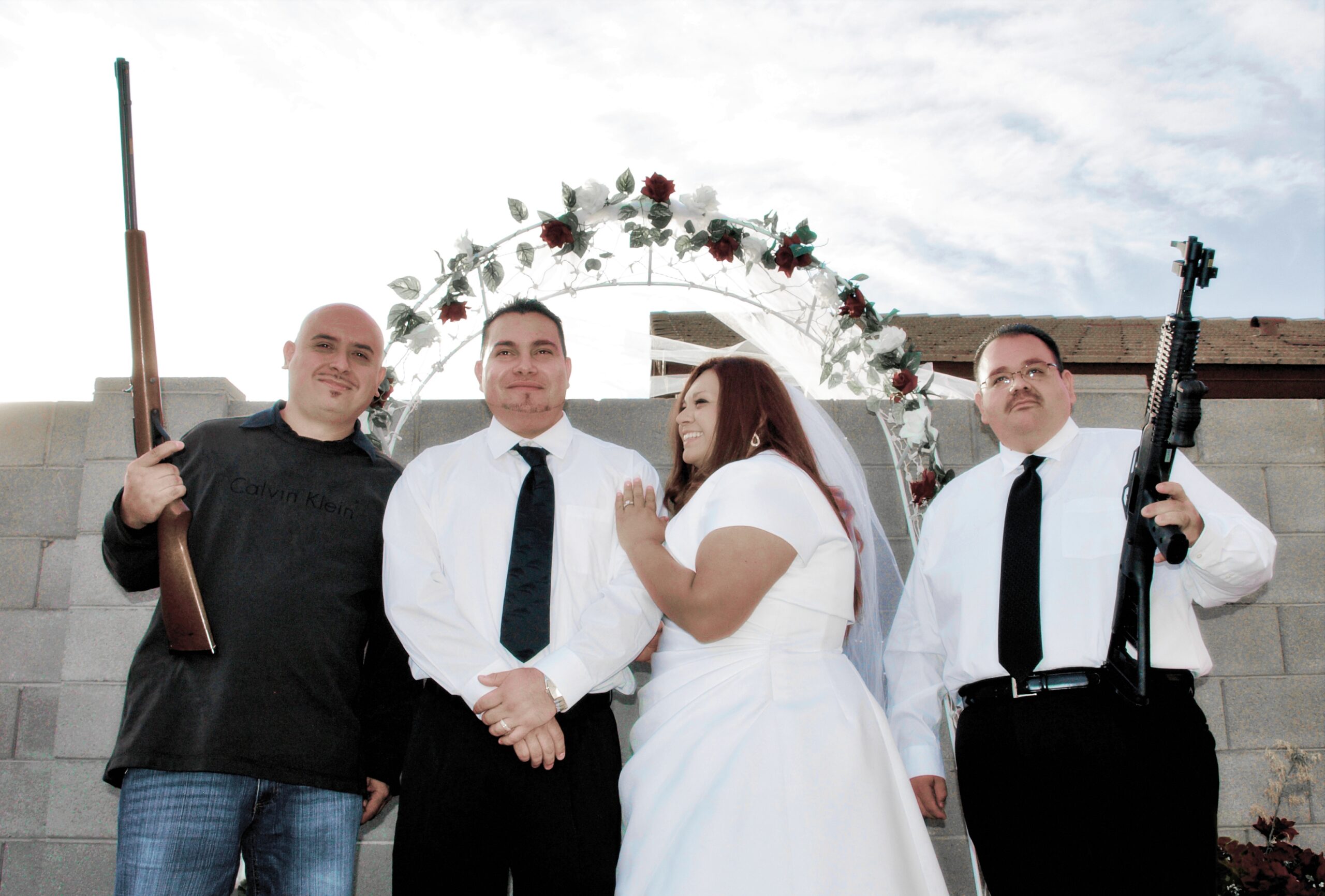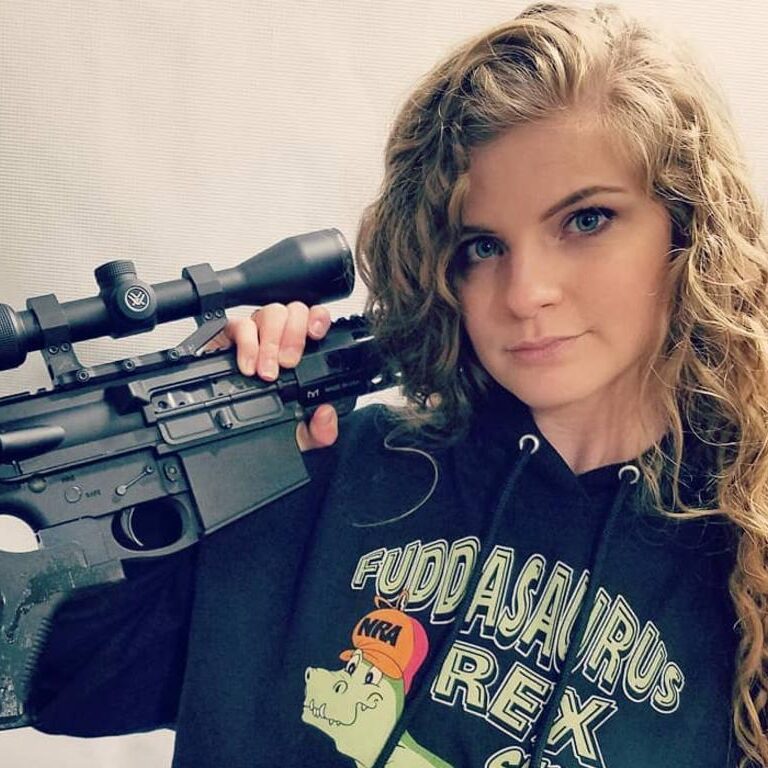Shotgun Marriage: An Exploration of Forced and Pressured Unions
Introduction to Shotgun Marriages
A “shotgun marriage” refers to a wedding that takes place primarily due to social expectations or pressures rather than the free choice and consent of both partners. Specifically, it often results from an unplanned or premarital pregnancy, with families coercing the couple to marry for reasons of tradition, religion, or inheritance issues.
The term evokes an image of the reluctant groom being forced into the union at gunpoint. While no longer as common today, shotgun marriages still occur in some segments of society.
Get all: US Marriage Laws from https://usmarriagelaw.com/
Definition of a Shotgun Marriage
A shotgun marriage can be defined as a marriage that is rushed or coerced to avoid shame or consequences from an unplanned event like premarital intimacy, pregnancy, or elopement. At least one partner feels compelled to marry, often due to intense pressure from family or community rather than solely personal choice. Reasons given for the marriage, like the legitimacy of a child, preserving reputation, or securing assets, take priority over the couple’s actual desires.
Origin and History of the Term
The phrase “shotgun wedding” originated in America in the mid-1900s. It refers to the imagery of a reluctant groom being forced down the aisle by the bride’s angry father pointing a shotgun at him. This encapsulated the prevailing attitude that premarital relations necessitated a hasty marriage to avoid scandal.
The practice itself has a far longer history stemming from traditional societal norms around gender, relationships, and inheritance. Pressure toward shotgun marriages decreased over the 20th century but remained in some conservative pockets.
Cultural References and Portrayals
Shotgun weddings are a recurring trope in literature, film, and TV. They are often depicted humorously but underscore outdated pressures around female purity and morality. Stories ranging from F. Scott Fitzgerald’s novels to Mamma Mia depict hurry-up weddings due to impropriety and pregnancy. The imagery evokes rural or backward mentalities requiring marriage to validate intimacy.
Reasons for Shotgun Marriages
There are various motivations families have historically had for pushing shotgun marriages with little regard for a couple’s wishes. While some reasons carry less weight today, they still influence certain segments of society.
Unplanned Pregnancy
The stereotypical shotgun marriage occurs due to pregnancy before marriage. Even when intimacy was consensual, an unplanned pregnancy used to necessitate a quick marriage to avoid stigma. The child being born within wedlock was seen as critical.
Social Stigma of Premarital Sex and Children
Social norms have long dictated premarital purity and cast judgment on “illegitimate” children born out of wedlock. Shotgun marriages emerged as a remedy to avoid scandal. The legitimacy and well-being of the child became dependent on the parents marrying.
Familial and Societal Pressures
Families and clergy have often pressured couples toward shotgun marriages once faced with a premarital pregnancy. Some parents threaten to disown offspring who resist marriage. Societal pressures also play a role, as stigma and gossip can feel unbearable.
Protecting Inheritance and Family Wealth
Another historical motivator is to ensure proper inheritance, especially among the elite. Marriage legitimizes heirs, so an unplanned pregnancy before betrothal jeopardizes wealth passing correctly through generations. This still motivates some families.
Ensuring Proper Heirs
Children born outside marriage, even by heirs or heiresses, have been barred from inheriting wealth and property in certain times and places. Marriage is meant to guarantee true parentage and preserve the lineage.
Preventing Loss of Assets
Unmarried, pregnant heiresses especially have been pushed into hasty marriages by families fearing the loss of property, status, and wealth into another family’s hands. Marriage secures the proper passing of fortunes to the next generation.
Arguments For and Against Shotgun Marriages
There are conflicting perspectives on whether shotgun marriages can be ethical or beneficial in any circumstances.
Arguments Supporting Shotgun Marriages
Some of the main arguments in favor cite pragmatic and moral reasons for hastened weddings due to pregnancy.
Legitimizing the Child
Shotgun marriages give children the legal status and protection of legitimacy. This has been a primary driver historically. Out of wedlock infants face stigma and barriers.
Upholding Morality and Values
From a traditional perspective, marriage is the moral answer to a pregnancy out of wedlock. Shotgun weddings uphold virtues of responsibility and family values.
Providing Two-Parent Households
Another argument is having married parents, even unhappily, is better than single or divorced parents. The child benefits from dual incomes and all parents are under one roof.
Arguments Against Shotgun Marriages
Critics highlight ethical and emotional reasons to avoid pressured marriages with questionable consent.
Lack of True Consent
With intense family and societal pressures, critics argue one or both partners cannot truly consent freely. This jeopardizes the union from the start.
Power Dynamics and Coercion
There is often a power imbalance, with more pressure typically placed on the pregnant partner. This removes agency and undermines equality.
Poor Foundation for Marriage
A forced marriage offers a weak basis for a lifelong partnership. Resisting parental demands takes courage but may benefit the couple long term.
Evolution and Current Status of Shotgun Marriages
While still known from media and literature, the prevalence and acceptance of shotgun weddings have shifted enormously in modern times.
Declining Popularity and Shifting Attitudes
Shotgun marriages have declined dramatically over the last 50-60 years in much of the world. Attitudes toward premarital relations, children out of wedlock, and women’s autonomy have modernized.
Reduced Stigma of Premarital Sex and Children
With premarital sex and cohabitation more accepted and common, unplanned pregnancy elicits less stigma and pressure toward marriage. Legitimacy matters less.
Greater Social and Economic Freedom for Women
Women’s financial independence and broader career opportunities reduce pressures to marry for status or support. More choice lets women resist shotgun weddings.
Remaining Influences and Pressures
Yet in some demographics, notions of purity, morality, and inheritance still enable shotgun marriages.
In Some Traditional and Religious Communities
Conservative religious and rural communities often still prize the tradition of child legitimacy. Familial pressures persist around morality.
Among Socioeconomic Elites Concerned with Wealth
Securing lineage and assets remains a priority for some elite families requiring “suitable” marriages and heirs. Prestige and inheritance outweigh personal wishes.
Conclusion
Shotgun weddings reflect outdated notions of gender roles, purity, and illegitimacy. While they mostly disappeared, they still affect some communities and couples. Key points to understand include:
- Shotgun marriages are rushed unions pressured due to impropriety and pregnancy rather than mutual consent.
- Historical reasons include stigma against premarital relations and children, inheritance issues, and societal morality.
- Supportive arguments cite pragmatism regarding heirs and two parents. Critics highlight a lack of agency and consent.
- Attitudes have modernized significantly across most of society. But influences remain in traditional or elite circles.
- True choice and equality should be priorities in any marriage. Forced unions undermine this foundation.
FAQs;
Q1: What percentage of marriages are shotgun marriages?
Statistics are scarce but experts estimate shotgun marriages may account for less than 5% of all marriages today, down from 30-40% in the 1960s.
Q2: Can shotgun marriages ever work out?
They can, but couples forced to marry have higher rates of unhappiness and divorce. Compromised consent often damages the relationship over time.
Q3: Are shotgun marriages illegal?
They are not illegal, but objections to family pressure or questions of consent could come into play regarding the marriage’s validity.
Q4: Who is affected most by shotgun marriages today?
The remaining pockets are religious communities valuing tradition, rural areas, and the elite guarding inheritance. Young pregnant couples face the bulk of the pressure.
Q5: What are alternatives to shotgun marriages today?
Couples have far more freedom. Options include co-parenting, adoption, abortion, or marriage when truly ready. Social stigma has lessened.







